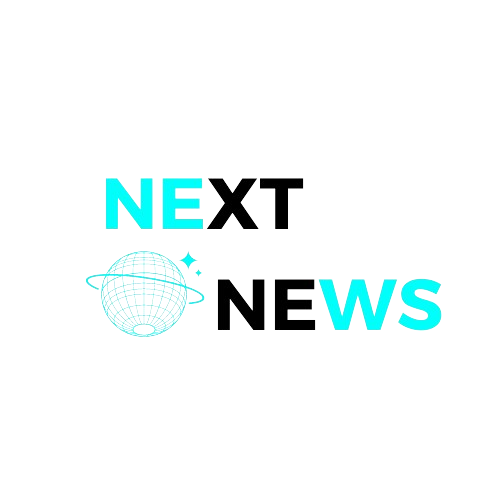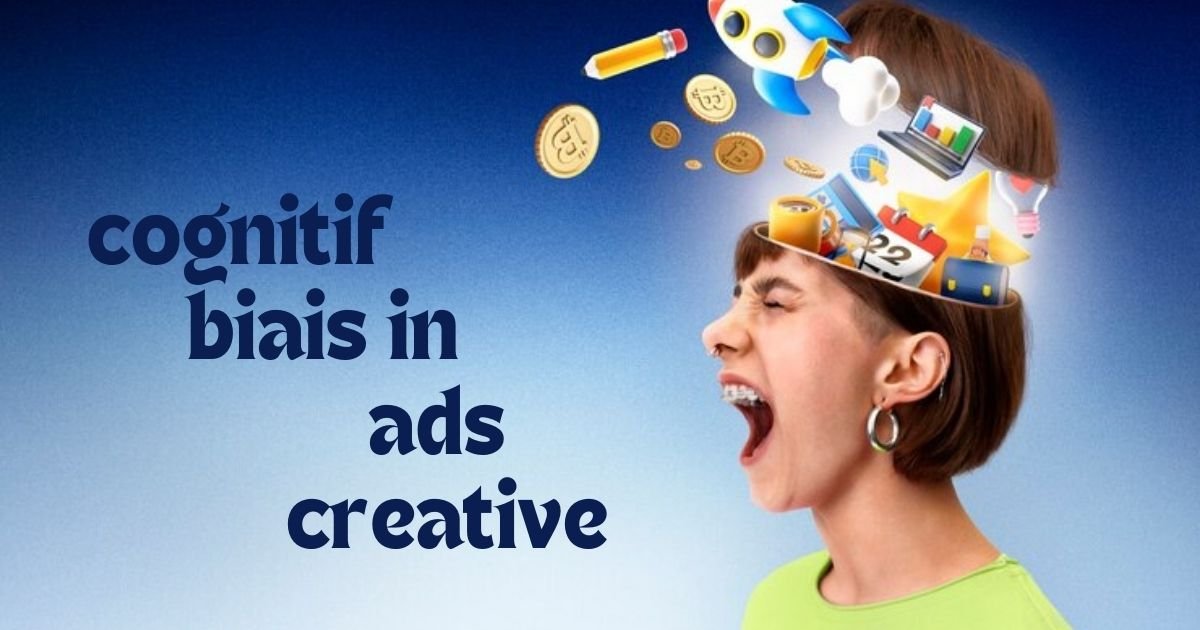Ever felt overwhelmed by heaps of data without knowing where to start? Welcome to the world of core app dashboard—a game-changer for businesses drowning in data. Let’s dive into what makes these dashboards so essential and how they can transform the way you run your business.
What is a Core App Dashboard?
So, what exactly is a core app dashboard? Think of it as a command center center for your business.. It’s a visual interface that consolidates critical data from various sources, offering you a comprehensive view of your operations at a glance.
Key Features
Real-time data updates: Keep your finger on the pulse of your business.
Customizable widgets: Tailor your dashboard to display what matters most to you.
User-friendly interface: Navigate through your data with ease.
Benefits of Using Core App Dashboards
Why should you consider implementing a core app dashboard? Here’s why:
Improved Data Visualization
Imagine turning complex data into easy-to-understand visuals. That’s what a core app dashboard does. It transforms raw data into charts, graphs, and tables, making it easier to spot trends and patterns.
Enhanced Decision Making
With all your key metrics in one place, making informed decisions becomes a breeze. No more guesswork—just clear, actionable insights.
Increased Efficiency
Cut down on the time spent sifting through spreadsheets. A well-designed dashboard streamlines your workflow, saving you time and boosting productivity.
Key Components of Core App Dashboards
To make the most of a core app dashboard, it’s crucial to understand its main components:
User Interface (UI)
A sleek, intuitive UI ensures that users can easily interact with the dashboard, even without technical expertise.
Data Integration
Your dashboard should seamlessly integrate with various data sources, pulling in real-time information from CRM systems, databases, and more.
Real-time Analytics
Access to up-to-the-minute data allows for timely decisions and quick adjustments.
Customization Options
Every business is unique, and so are its needs. Customizable features let you tailor the dashboard to fit your specific requirements.
Types of Core App Dashboards
Not all dashboards are created equal. Here’s a quick rundown of the different types:
Operational Dashboards
Focused on real-time monitoring, these dashboards help you keep tabs on daily operations and spot issues as they arise.
Analytical Dashboards
Dive deep into data analysis with these dashboards. They’re perfect for identifying trends and making strategic decisions.
Strategic Dashboards
Designed for long-term planning, these dashboards offer a high-level view of your business’s performance against its goals.
How to Design an Effective Core App Dashboard
Creating a powerful dashboard isn’t just about cramming in as much data as possible. Here’s how to do it right:
Identifying User Needs
Start by understanding what information your users need. Tailor the dashboard to meet these specific needs.
Selecting the Right Metrics
Choose metrics that align with your business objectives. Focus on what truly matters.
Creating a User-Friendly Interface
Keep it simple. An intuitive design ensures that users can quickly find the information they need.
Common Mistakes to Avoid in Core App Dashboards
Even the best dashboards can fall short if they make these common mistakes:
Overloading with Data
Less is more. Don’t overwhelm users with too much information.
Ignoring User Feedback
Regularly solicit feedback to ensure the dashboard continues to meet user needs.
Lack of Regular Updates
Keep your data fresh and relevant. Regular updates are essential for maintaining the dashboard’s effectiveness.
Best Practices for Core App Dashboards
Want to make your dashboard the best it can be? Follow these best practices:
Simplifying Data Presentation
Clear, concise visuals make data easier to understand and act upon.
Ensuring Data Accuracy
Accurate data is the backbone of any good dashboard. Double-check your sources and updates.
Keeping the Dashboard Updated
Regular updates ensure that your dashboard remains a valuable tool for your business.
Popular Tools for Creating Core App Dashboards
Ready to build your dashboard? Here are some top tools to consider:
Tableau
Known for its robust data visualization capabilities, Tableau is a favorite among many businesses.
Power BI
Microsoft’s Power BI offers powerful analytics and integration options, making it a versatile choice.
Google Data Studio
For those looking for a free option, Google Data Studio provides excellent customization and integration features.
Case Studies of Successful Core App Dashboards
Seeing is believing. Let’s look at a couple of examples of businesses that have successfully implemented core app dashboards:
Example from a Tech Company
A tech company used a core app dashboard to streamline its product development process, resulting in a 20% increase in productivity.
Example from a Retail Business
A retail business leveraged a dashboard to track sales and inventory in real time, leading to better stock management and increased sales.
Integrating Core App Dashboards with Other Systems
To maximize the potential of your dashboard, consider integrating it with other key systems:
CRM Integration
Integrate with your CRM to get a comprehensive view of customer interactions and sales pipelines.
ERP Integration
Linking your dashboard with an ERP system can provide valuable insights into your business’s overall performance.
Security Considerations for Core App Dashboards
Security is paramount when dealing with sensitive data. Here’s how to keep your dashboard secure:
Data Encryption
Ensure that all data transmitted and stored is encrypted to prevent unauthorized access.
Access Controls
Implement strict access controls to ensure that only authorized users can access sensitive information.
Future Trends in Core App Dashboards
Stay ahead of the curve by keeping an eye on these emerging trends:
AI and Machine Learning
AI and machine learning are set to revolutionize dashboards, offering predictive analytics and deeper insights.
Predictive Analytics
Predictive analytics will allow businesses to forecast trends and make proactive decisions.
How to Choose the Right Core App Dashboard for Your Business
With so many options out there, how do you choose the right dashboard for your needs?
Assessing Business Needs
Start by identifying your specific needs and objectives.
Evaluating Budget Constraints
Consider your budget and look for solutions that offer the best value for money.
Conclusion
Core app dashboards are a powerful tool for any business looking to harness the power of data. By providing real-time insights and simplifying complex data, they help improve decision-making and boost efficiency. Ready to take your business to the next level? Start exploring core app dashboards today!
FAQs
What is a core app dashboard?
A core app dashboard is a visual interface that consolidates critical data from various sources, offering a comprehensive view of business operations.
How can a core app dashboard improve my business?
It enhances decision-making, improves data visualization, and increases overall efficiency by providing real-time insights into your business.
What are the best tools for creating a core app dashboard?
Popular tools include Tableau, Power BI, and Google Data Studio.
How do I ensure the security of my core app dashboard?
Ensure data encryption and implement strict access controls to keep your dashboard secure.
What trends should I watch out for in core app dashboards?
AI, machine learning, and predictive analytics are key trends to watch out for, as











